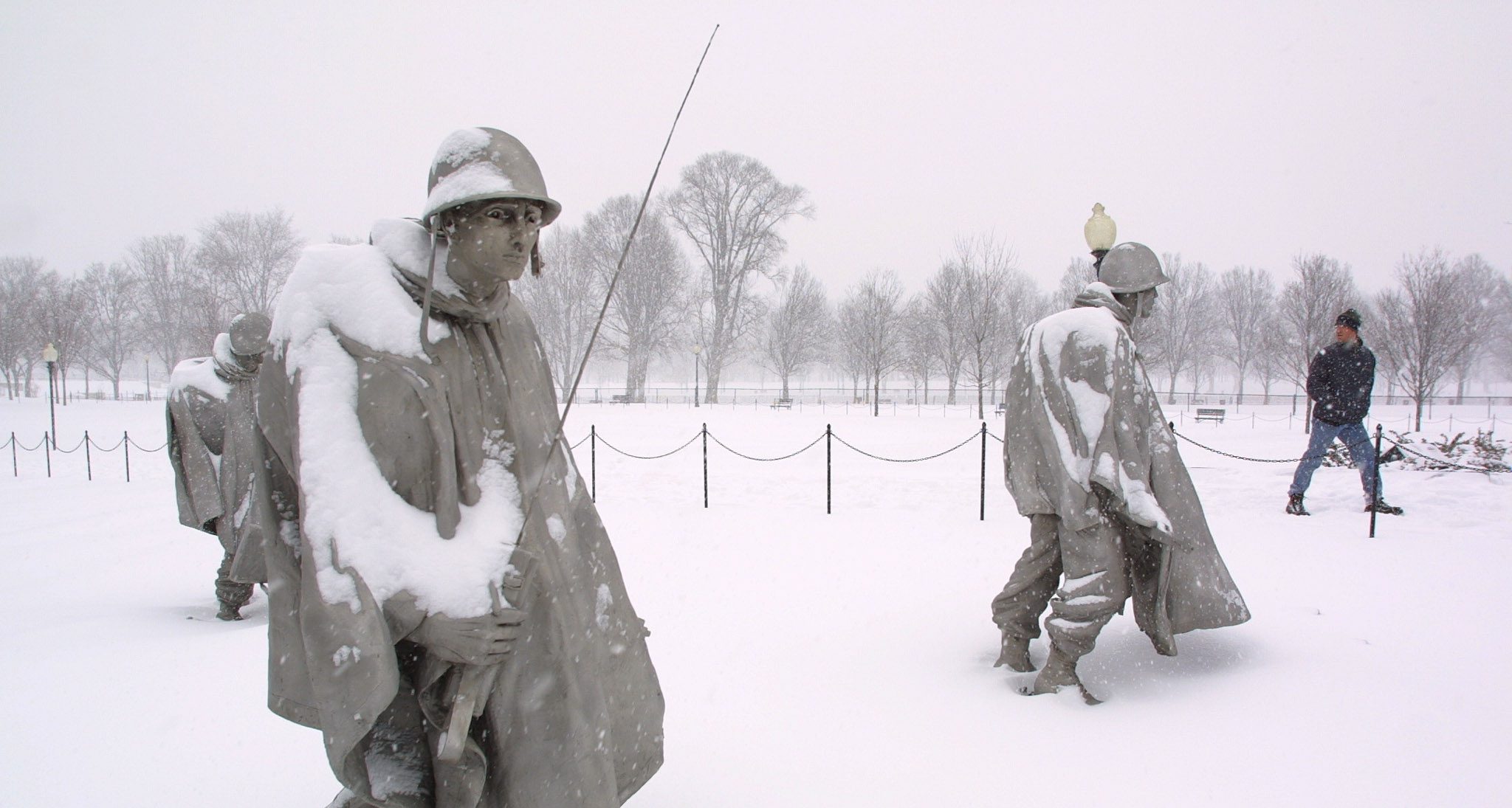This OP is about the Tet Offensive (and warmongering myths of a “stab in the back” by Democrats / Liberals that supposedly prevented U.S. “victory”) but it has morphed into other subjects, even to a discussion of General Douglas McArthur’s virtues and faults.
I want to return a bit to the person of Ho Chi Minh, who was old at the time of the Tet Offensive and together with General Võ Nguyên Giáp had opposed the Tet Uprising as adventurist and unnecessary. Born in Central Vietnam in 1890 to a Confucian scholar father, Ho died in 1969. After the war was finally won decisively, the Southern city of Saigon was renamed after him.
Ho was not only the “George Washington” of united Vietnam’s independence struggle, he had extensively referred to the U.S. Founding Father’s in his Proclamation of Vietnam’s Independence in 1946, before crowds of hundreds of thousands rallying in the Haiphong & Hanoi areas. This was of course a conscious effort to stay the hand of U.S. imperialism. However, first Great Britain and then Uncle Sam decided to back the re-introduction of French colonial power through force and murderous violence. But Ho’s history as a Vietnamese leader goes back long before that first declaration of an independent Vietnam in 1946, as the OP below and links I provided in my comments outlines.
Ho Chi Minh, like many others involved in nationalist and decolonial movements of his time, was first attracted to the new ideas of European democratic socialism. But when the European Socialist and Capitalist Parties opposed actually doing anything to liberate their colonies despite giving lip-service to Wilsonian “self-determination,” Ho joined the worldwide communist movement. Ho toughened himself up as a true revolutionary and worked closely with the early Comintern, especially in Asia but also in Moscow and West Europe. He was at one time almost purged as a nationalist, but I think he understood that his movement and probably he himself would die if he broke with the Soviet Union or China.
Ho had traveled and lived in the U.S. earlier as young man, making his living as a sailor, cook & baker. Early on he became fluent in French (as a teenager he was apparently something of a “Francophile.”) He learned Chinese, and even English. His personal intellectual background was in no way shallow.
Anyway, here is a link well worth reading:
In 1919 a small nondescript man in a rented suit arrived at the Palace of Versailles seeking an audience with officials at the Peace Conference where he hoped to present his demands on behalf of the people of Vietnam. Inspired by United States President Wilson's diplomatic point for peace that...

www.usmessageboard.com


